What Is Self-Harm?
 In this Voices of Compassion episode, we welcome back Jennifer Leydecker, LMFT, CHC Clinic Services to the podcast, to discuss what self-harm looks like in adolescents and how to validate their hurt while encouraging healthier coping strategies. Read more »
In this Voices of Compassion episode, we welcome back Jennifer Leydecker, LMFT, CHC Clinic Services to the podcast, to discuss what self-harm looks like in adolescents and how to validate their hurt while encouraging healthier coping strategies. Read more »
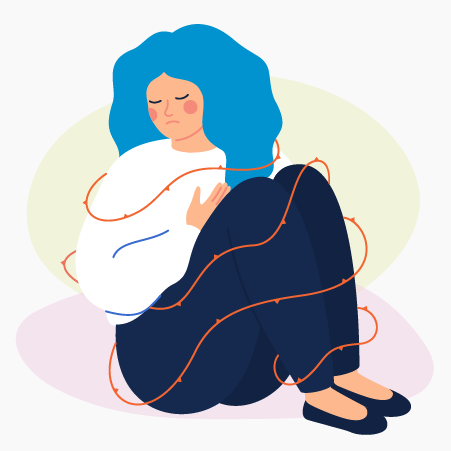
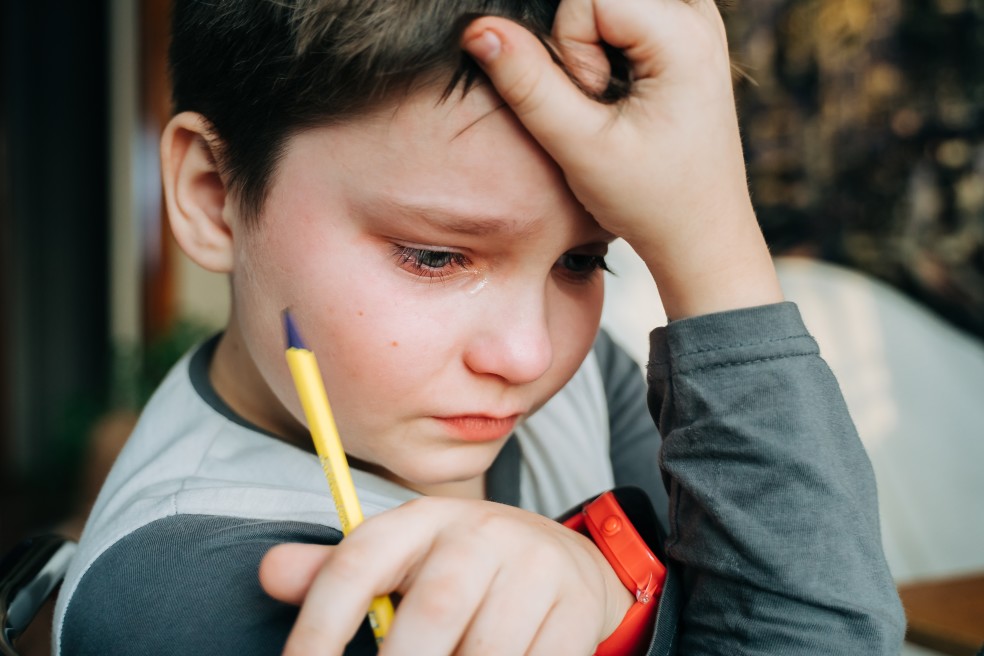
 Children covered under Medicaid are twice as likely to be diagnosed with disorders such as ADHD or autism compared with those who have private insurance, a study published Wednesday by
Children covered under Medicaid are twice as likely to be diagnosed with disorders such as ADHD or autism compared with those who have private insurance, a study published Wednesday by 
 Babies born during the first year of the COVID-19 pandemic in the United States show more evidence of developmental delays at age 6 months compared with those delivered before the virus emerged, a study published by
Babies born during the first year of the COVID-19 pandemic in the United States show more evidence of developmental delays at age 6 months compared with those delivered before the virus emerged, a study published by 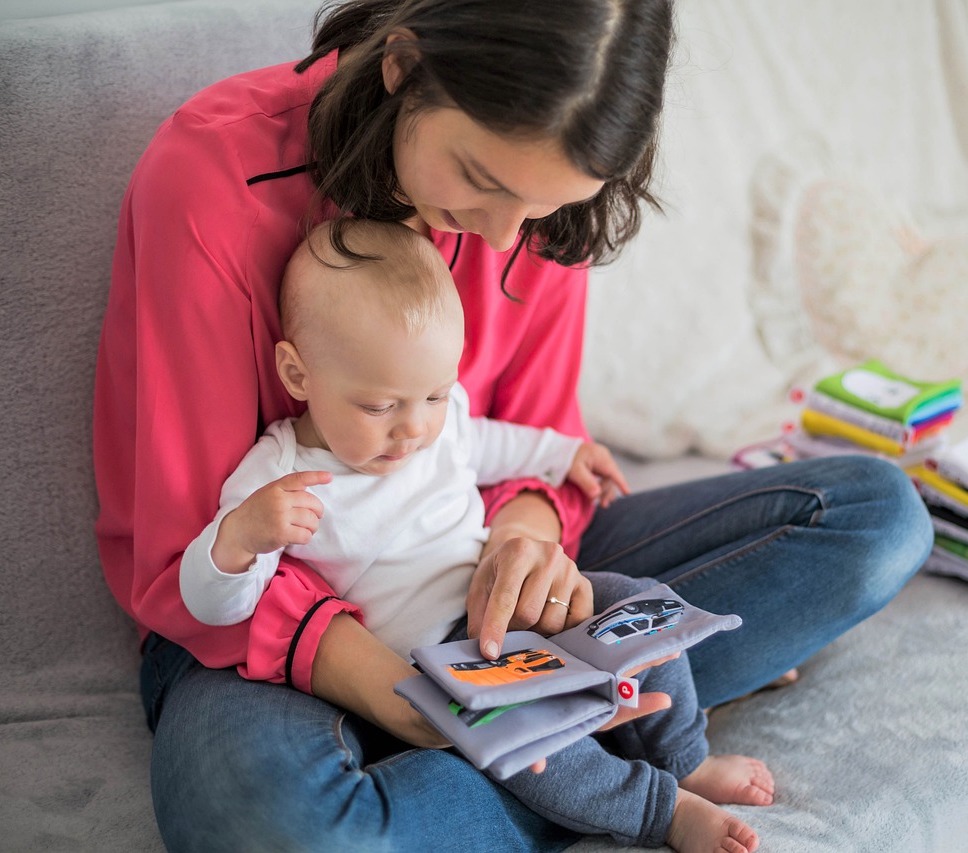
 That sing-song speech parents use when talking to their babies is universal, and infants tend to prefer it. So, when a baby doesn’t seem to engage with this melodic “motherese,” or baby talk, it can be an early sign of
That sing-song speech parents use when talking to their babies is universal, and infants tend to prefer it. So, when a baby doesn’t seem to engage with this melodic “motherese,” or baby talk, it can be an early sign of 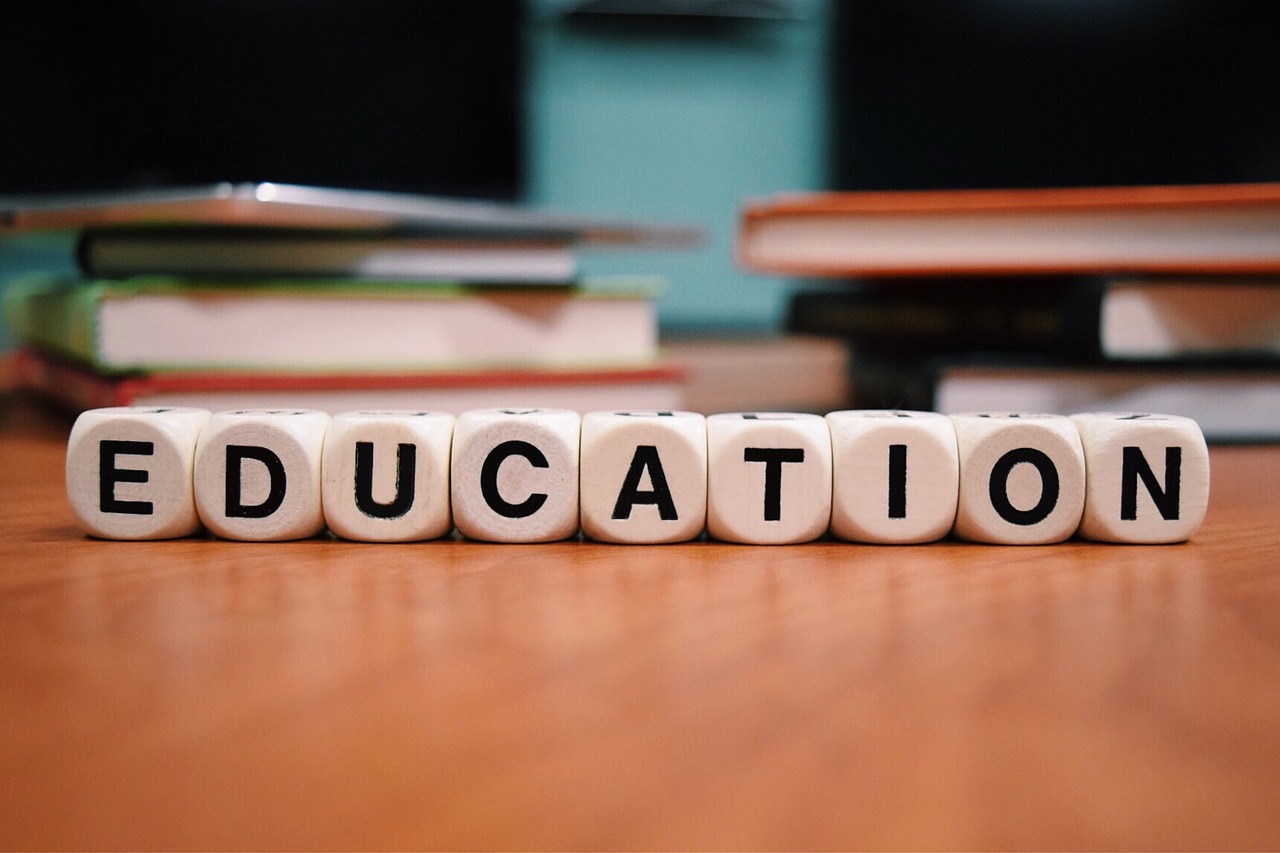
 Educator Audrey Muhammad was recently named the recipient of The National Alliance of Black School Educators (NABSE) $10,000 Scholarship Award.
Educator Audrey Muhammad was recently named the recipient of The National Alliance of Black School Educators (NABSE) $10,000 Scholarship Award. 
 Self-injury, particularly among adolescent girls, has become so prevalent so quickly that scientists and therapists are struggling to catch up. About 1 in 5 adolescents report having harmed themselves to soothe emotional pain at least once, according to a
Self-injury, particularly among adolescent girls, has become so prevalent so quickly that scientists and therapists are struggling to catch up. About 1 in 5 adolescents report having harmed themselves to soothe emotional pain at least once, according to a 
 Discovering that a friend or relative self-harms can be extremely upsetting. It can be hard to understand why a person would deliberately hurt themselves, and people often go through a range of emotions, like feeling shocked, angry, saddened, confused or guilty.
Discovering that a friend or relative self-harms can be extremely upsetting. It can be hard to understand why a person would deliberately hurt themselves, and people often go through a range of emotions, like feeling shocked, angry, saddened, confused or guilty. 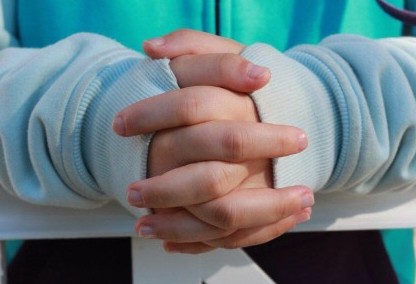
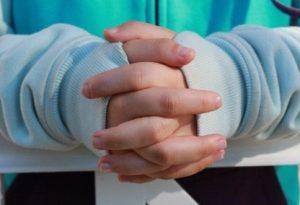 The
The 
 We all have ways of dealing with overwhelming negative feelings like stress, pressure, and even numbness. If someone deliberately hurts their own body as a way of dealing with their own negative emotions, they are engaging in non-suicidal self-injury, which is sometimes called “self-harm,” “deliberate self-harm,” or simply “self-injury.”
We all have ways of dealing with overwhelming negative feelings like stress, pressure, and even numbness. If someone deliberately hurts their own body as a way of dealing with their own negative emotions, they are engaging in non-suicidal self-injury, which is sometimes called “self-harm,” “deliberate self-harm,” or simply “self-injury.” 
 Hurting yourself—or thinking about hurting yourself—is a sign of emotional distress. These uncomfortable emotions may grow more intense if a person continues to use self-harm as a coping mechanism. Learning other ways to tolerate the mental pain will make you stronger in the long term.
Hurting yourself—or thinking about hurting yourself—is a sign of emotional distress. These uncomfortable emotions may grow more intense if a person continues to use self-harm as a coping mechanism. Learning other ways to tolerate the mental pain will make you stronger in the long term. 

